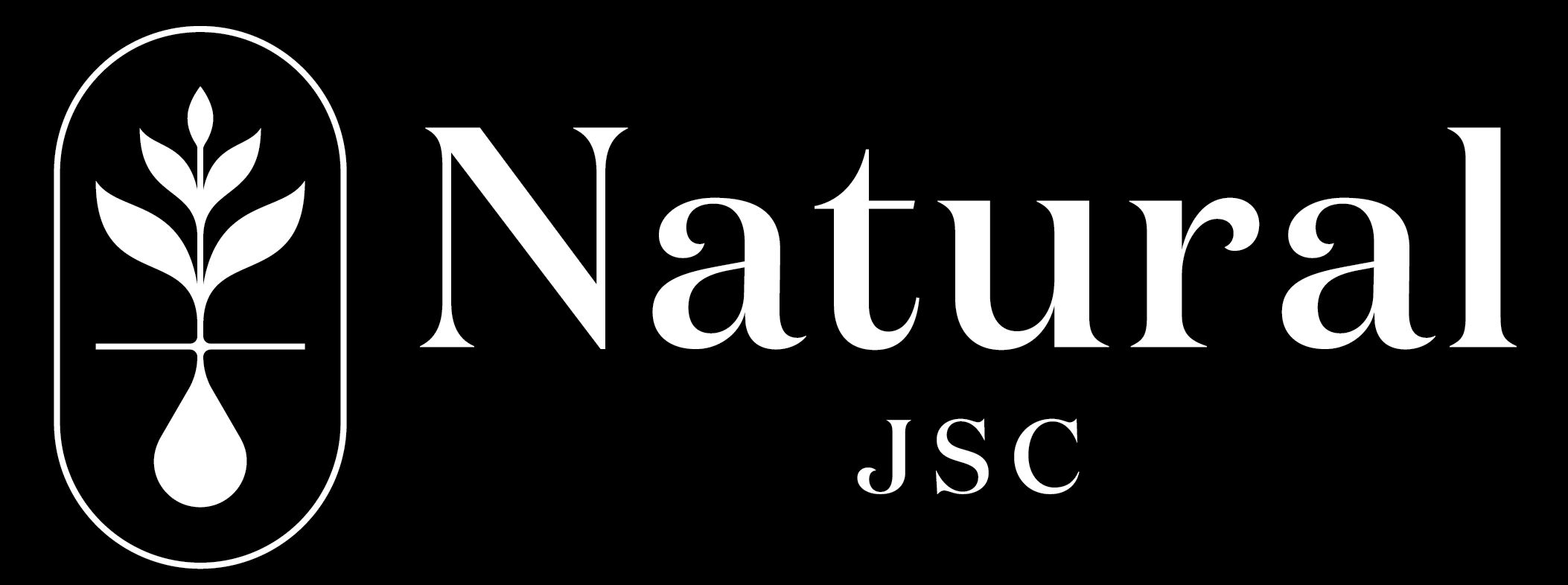Soaps as well as many other consumer products use palm oil as a base ingredient.
Because it grows in tropical rainforests, there has been widespread clearing of forests in order to make way for plantations. The United Nations Environmental Program stated that the areas most vulnerable to deforestation are those in Indonesia and Malaysia, where the majority of the oil is produced.
Research by Rainforest Rescue showed that the equivalent of 300 football fields are being destroyed every hour. The consequences of this level of deforestation are worryingly high CO2 emissions and a harmful loss of biodiversity. Indonesia is now one of the world’s largest emitters of carbon dioxide while the mass clearings have devastated jungles in Sumatra and Borneo, resulting in the loss of habitat for many endangered species such as orangutans, elephants, rhinos and tigers.
What’s more, demand for palm oil is expected to double by 2030 and triple by 2050.
Environmentalists argue that this farming of oil palm trees is extremely bad for the planet. Deforestation is when forests and trees are cut down to clear the land to use it for something else.
Palm oil production is said to have been responsible for about 8% of the world’s deforestation between 1990 and 2008.
Burning forests like this destroys the places where plants and wildlife live, meaning the area has less biodiversity.
Species like orangutans, rhinos, elephants and tigers can be affected.
Natural Joint Stock Company in HCMC, Vietnam has been making coconut based soaps for hotels and resorts around the world for over 10 years. We use the traditional cold-pressed method.
